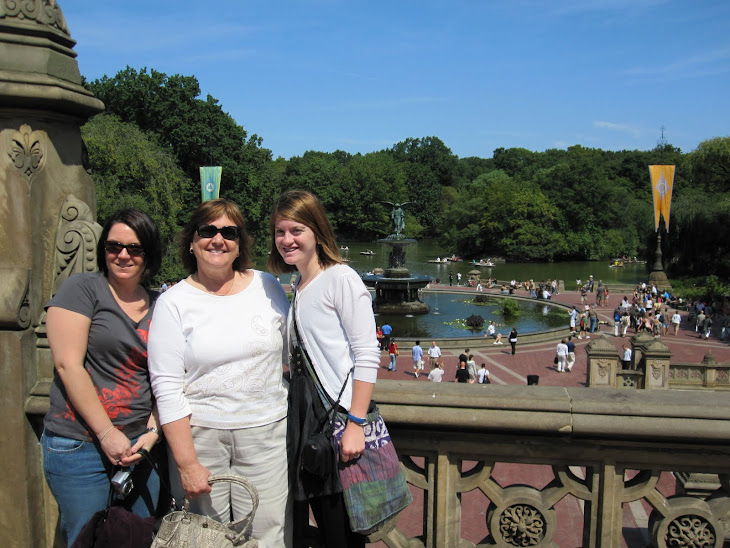

Back to Managua this morning. Our mid-morning meeting was with the founder of the women's movement and head of the feminist party, Maria Teresa Blandon. She was also a military leader who fought for the Sandinistas in the revolution. Think Gloria Steinham with a gun. She is passionate and her story riveting, but she had a great sense of humor. This mild-looking woman, in the photo above, told us, "I am not a heroine, I am like many women who experienced a moment in history and had to live that history."
She was barely 18 when the revolution began, and saw it as an opportunity to change the lot of women in Nicaragua. Recognizing that women were not seen as equals in either military or machismo society, she volunteered for some of the harshest jobs in the war in order to be accepted on equal terms. She helped found the feminist party, based on 6 demands: participation as citizens; the rights of children; alleviation of domestic burden; the right to fully work; educational access; and access to health care and family planning. She was there when, in 1987, the Sandinista government recognized discrimination against women and made a commitment to work for equality.
However, she subsequently found that these pronouncements were more rhetoric than reality. The revolutionary party was partially committed to womens rights but not fully committed to the emancipation of women, in part because the national directorate was (and still is) made up of only men. She raised additional issues that had not been addressed by the Sandinista government -- self-determination of women, the issue of parity in public positions, the continuing issues of domestic violence and the lack of control over reproductive health, and issues of gay sexuality. The Sandinista government did not address these issues, and so she and a small group of women broke off from the revolutionary party and created an autonomous splinter group. "Peace is not just the absence of armed justice," she said. "Peace without social justice is not peace." Her party exposed incidents of sexual misconduct on the part of the Ortega and for that "we have paid a high price."
She is hopeful, though. Amazingly hopeful. "The women are our hope. It is worthwhile working on these issues because we are worthwhile; we are the hope." We were all smitten with her. Another strong woman in a country where being a strong woman is very difficult and sometimes dangerous. I admire the courage shown here in just making it through the day, let alone making progress for an entire generation of women.
We are down to our last day. We've all agreed on the essentials needed for this trip, pictured above: bug repellant, sun screen, anti-bacterial gel, a bandana, a $1 fan (we bought in the square in Granada), and, of course cervaza (beer, the local variety, Victoria.) Tomorrow we visit a school and, in the afternoon, will visit with the individual from the Sandinista party responsible for the literacy campaign in Nicaragua. Stay tuned.















